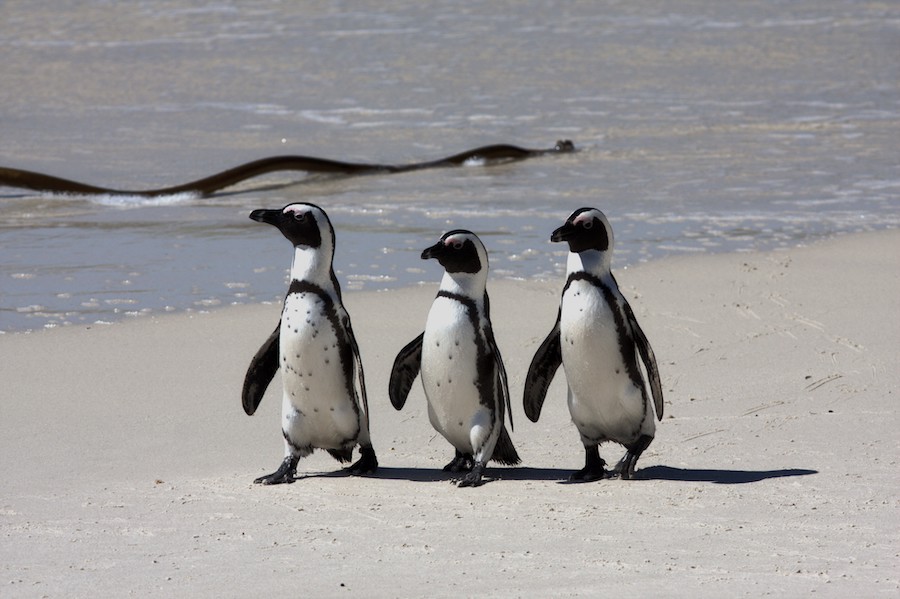The Prince Albert II of Monaco Foundation is helping to prevent the extinction of penguins – the second most endangered seabird species after the Albatross and an emblematic animal of the Southern Hemisphere.
Among 18 sub-species of penguins, 10 are identified as globally threatened. The Cape penguin, for example, has lost nearly 98% of its 19th century population, with only 50,000 individuals remaining.
The main causes of this drastic decline are the collection of eggs at the beginning of the 20th century, the collection of guano a little later – crucial to the balance of its habitat, and overfishing. Meanwhile, the Galapagos has lost 77% of its penguin population since the 1980s and now accounts for a little less than 2,000 individuals.
The Prince’s foundation worked with Bird Life on a penguin protection project, which took place over a period of 18 months involving several key regions of the Southern Hemisphere from South Africa to Antarctica via the Falklands and New Zealand. The project focused on three main objectives: to improve the amount of information available on penguin populations through tracking and monitoring for researchers and environmentalists, to identify sites which are crucial for the protection of the species, and to create the basis for increasing the global constituency of support for this cause.
As a result of the project, nearly 150,000 bird group placements have been added to international databases, while 12 new IBAs (Important Bird and Biodiversity Conservation Areas) were identified. For the two most threatened sub-species, the Cape penguin and the antipode penguin, the project has also helped to restore penguin habitat as well as the expansion of protected zones, including a site on the Sandwich Islands which saw a protected area extended by nearly 30kms. The seasonal closure of the site for krill fisheries was also extended by two months per year.
According to the foundation, by the end of the project, a solid foundation had been laid for the protection of penguins on an international scale, capitalising on the International Penguin Conference of August 2019. “All this has laid new constructive grounds to generate other adapted and effective actions but also a better participation and collaboration for a sustainable protection of these emperors of the South Pole,” reports the foundation.
Preventing the extinction of penguins
